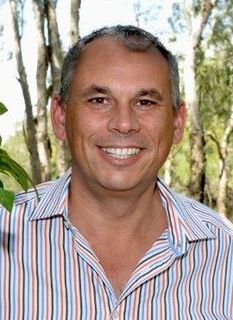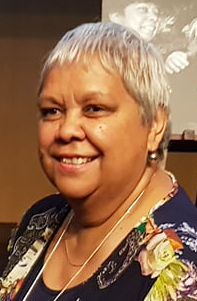A Quote by James F. Cooper
Superstition is a quality that seems indigenous to the ocean.
Quote Topics
Related Quotes
We have reached a pivotal time in Indigenous affairs when for the first time, national attention is being paid to the horror of Indigenous family violence in this country. For the first time, an Australian Prime Minister has held a summit in the national capital to listen to concerns and ideas on this issue from a group of Indigenous leaders.
For Indigenous Australians, equal rights and citizenship have not always translated into full participation in Australian society. All Indigenous Australians have only been counted in the census since the 1967 Referendum. Even so, State protection and welfare laws continued to control the lives of Indigenous Australians and denied them equal rights, well into the 1970's.
Coral reefs, the rain forest of the ocean, are home for one-third of the species of the sea. Coral reefs are under stress for several reasons, including warming of the ocean, but especially because of ocean acidification, a direct effect of added carbon dioxide. Ocean life dependent on carbonate shells and skeletons is threatened by dissolution as the ocean becomes more acid.





































